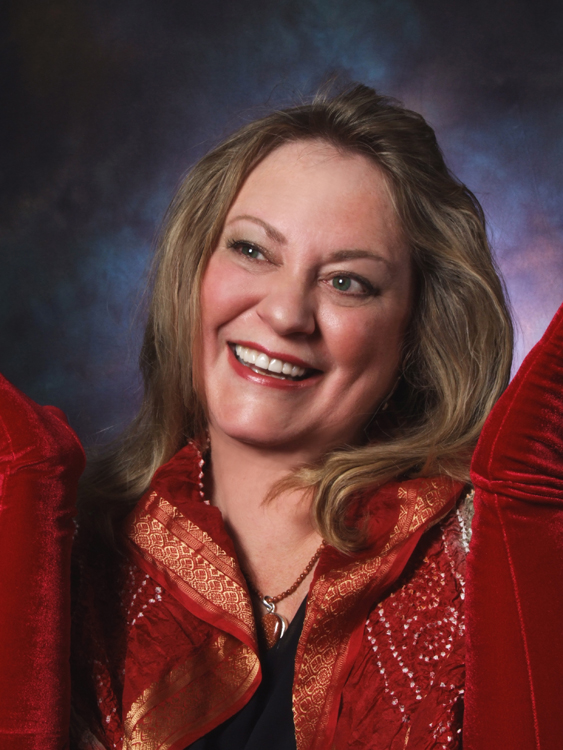 Photo: Michael Gold
Photo: Michael Gold
... a few words about music.
Important note: this work makes no medical claims, and it is up to you, dear reader, to use any information you find here responsibly and intelligently, toward yourself and others.
All material ©Sing into Joy
Frog in Your Throat? Dealing with Vocal Fatigue and Hoarseness
December 4, 2020
Is your speaking voice tired and husky from too many hours of speaking in online meetings, or teaching school from home? I’ll bet most of us are having to talk a great deal more, and for more sustained periods, than we were used to. And not using the voice well bodes trouble, eventually.
This morning, I got a message from a new colleague, cancelling a Zoom get-acquainted call she and I had been looking forward to. She said her voice had been getting progressively hoarser for some time, and this week she was told by an otolaryngologist (ear-nose-throat specialist) that a polyp had developed on one of her vocal folds. He advised her to go on as much vocal rest as possible so it doesn't get worse and require surgery.
If you follow pop music—or opera—you may remember reading that singer-songwriter Adele, and also the exquisite coloratura soprano Natalie Dessay, have each had to undergo more than one surgery to remove polyps from their vocal folds (more commonly referred to as the vocal cords). Whitney Houston had polyp surgery. So did Elton John, whose voice deepened afterward. Julie Andrews lost her ability to sing after a surgery gone wrong. It's a delicate procedure, requiring a long healing and voice-recovery period. Nobody wants to have to undergo it.
My colleague said she’s going to get herself an external microphone, and just schedule less talking time.
But we can’t always do that. Not when practitioners are pivoting a hands-on, one-to-one, in-person business to an online avatar of itself; or when businesspeople have to lead or report in meetings; or when teachers—or parents—have to spend many extra hours giving special coaching to students or their children on top of the audio classwork itself. Cutting back means income loss, quality loss, or even possible job loss.
AND, just getting a mic or talking less doesn’t solve the core issue: that the voice isn’t being used in a healthy, efficient way.
§ Maybe it’s the lack of breath support. Few people who haven’t been trained to speak or sing are used to taking the kind of breath that supports the voice.
§ Maybe it’s tight throat muscles—because of nervousness, or habit, or trying too hard.
§ Maybe it’s talking too low in pitch, or even letting the pitch sink down into that nether region we call “vocal fry.” (You’ve heard even national news reporters/commentators lapse into this.)
§ Maybe it’s talking breathily, creating friction between the folds. Extra air leaking through them acts like sandpaper. Or getting our breath in audible gasps between sentences. (So many newspeople do this, especially many women, sadly—from the BBC to NPR to your local stations. Once you hear it you can’t unhear it. Trust me. Phew. I’d like to get them all into one Zoom room for one good session about that.)
§ Maybe it’s feeling (even unconsciously) that we have to speak louder, or more assertively, and thus chronically pushing the voice past its comfort zone. Learning to use our built-in resonators can help tremendously with this.
§ Is all this anxiety driving us to drink? Alcohol is tough on a tender vocal apparatus.
As one of my old voice teachers, the late Tom LoMonaco, used to say, “the voice should be a vibrating instrument, not a valve.” If it’s not supported by good breathing habits, with throat tension released, and the folds working efficiently to take just the air they need, your instrument becomes like a valve, where the poor folds—which are making a wavelike motion literally hundreds of times a second when you sing or speak—are working ‘way overtime and producing a tense, unpleasant sound to boot.
Instead, think reed or even double reed instrument, that vibrates freely in place and makes a beautiful sound.
Want to learn more about how to reduce your vocal fatigue? Ask me. I can work with you individually, and am also putting together a small-group workshop on this topic.
To your vocal health! And your happy caroling. :)
Danielle
P.S. Advice on more efficient healthy use of the voice is NOT a substitute for a medical opinion. If you are having problems like hoarseness or discomfort with your voice, see a doctor for an opinion; take care of yourself.
Holiday reminder: Voice lessons are a gift that keeps on giving! Consider bestowing a set of 4 lessons on a loved one. Gift certificates happily provided.
